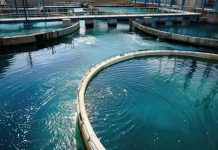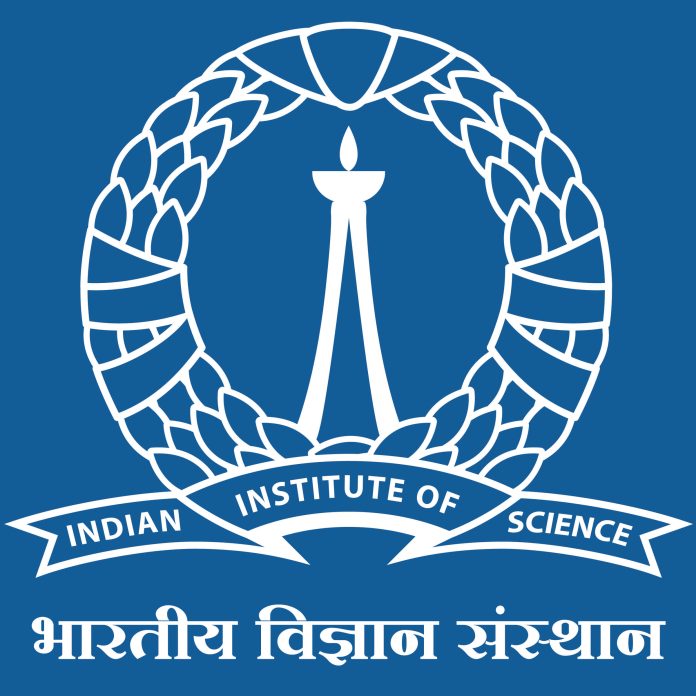Researchers at the Indian Institute of Science (IISc) developed an innovative and sustainable surfactant from agricultural byproducts, which has the potential to revolutionize industrial chemical synthesis.
The surfactant, named CNSL-1000-M, is derived from cashew nut shell liquid (CNSL), a byproduct of the cashew industry. By utilizing the eco-friendly alternative, the need for toxic organic solvents in chemical processes could be greatly reduced, addressing significant environmental concerns.
The research team created CNSL-1000-M to facilitate water-based reactions for water-sensitive substrates and catalysts, eliminating reliance on harmful solvents. The high production volume of cashews in India makes CNSL-1000-M both cost-effective and accessible.
The surfactant features a unique structure with both hydrophobic and hydrophilic components, enabling it to form micelles in water. These micelles create isolated, water-free pockets where sensitive chemical reactions can take place.
This approach, inspired by natural enzymatic processes, offers a novel method for industrial chemistry. Tests have shown that CNSL-1000-M is highly effective in catalyzing the formation of carbon-phosphorus bonds, which are essential for producing various compounds, including anticancer drugs and organic LEDs.
Compared to traditional organic solvents, CNSL-1000-M achieved 80% higher product yields in aqueous conditions and showed a 30% improvement over current surfactants. It also enables reactions at lower temperatures, enhancing energy efficiency.
As reported by msn.com, the advancement not only offers potential cost savings by allowing the use of cheaper catalysts like nickel complexes instead of more expensive ones like palladium but also promises broader applications across the chemical industry.































